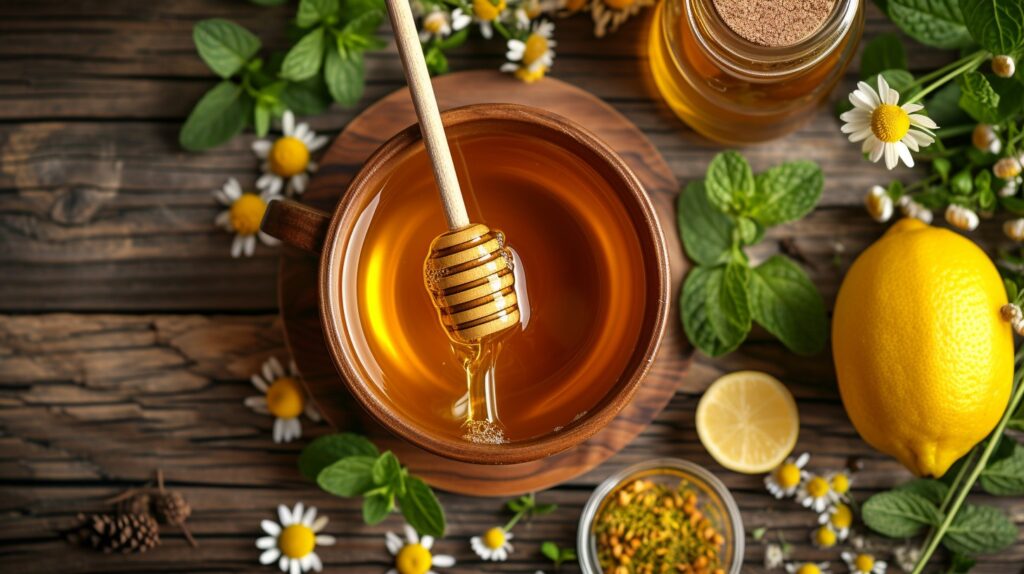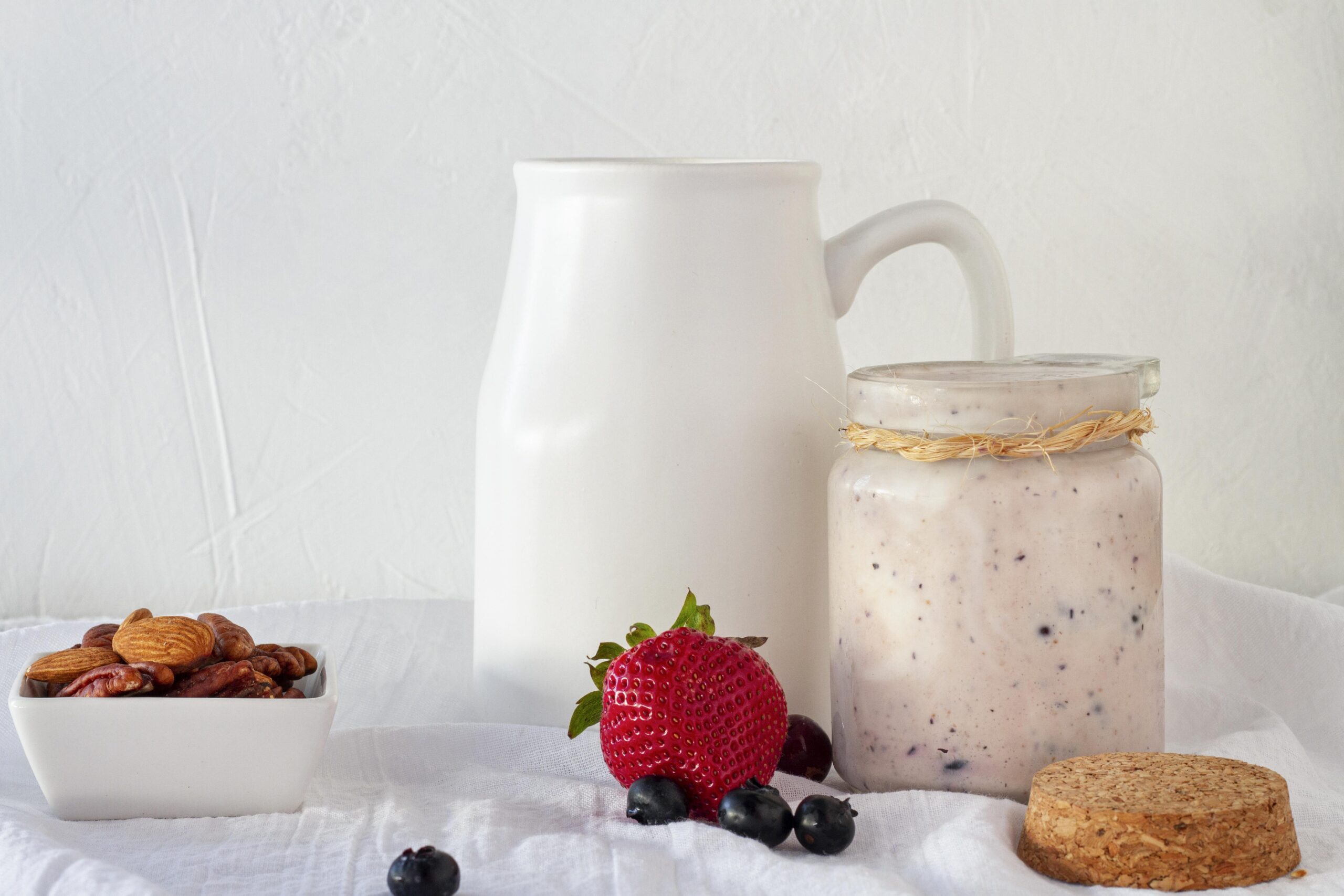Bringing you the Anti-Inflammatory Properties Of Chamomile Tea!
Chamomile tea has been a popular herbal beverage for centuries, loved for its gentle flavor and calming effects. But did you know that this humble tea also packs a powerful punch when it comes to fighting inflammation? In this post, we’ll explore the anti-inflammatory properties of chamomile tea and why they’re so important for our health.

Understanding Inflammation
Definition of inflammation
Inflammation is our body’s natural response to injury or infection. It’s a process where our immune system sends white blood cells to protect and heal affected areas.
Types of inflammation: acute vs. chronic
There are two main types of inflammation:
- Acute inflammation: This is short-term and usually beneficial, helping our body heal from injuries or fight off infections.
- Chronic inflammation: This is long-lasting and can be harmful, potentially leading to various health issues.
Health implications of chronic inflammation
Chronic inflammation has been linked to several serious health conditions, including:
- Heart disease
- Diabetes
- Arthritis
- Some types of cancer
This is why finding natural ways to combat inflammation, like drinking chamomile tea, can be so beneficial for our overall health.
Chamomile Tea: An Overview
Origin and history of chamomile
Chamomile has been used for thousands of years, dating back to ancient Egypt where it was considered a gift from the sun god Ra. The Greeks and Romans also valued chamomile for its medicinal properties.
Common varieties (German vs. Roman chamomile)

There are two main types of chamomile used for tea:
- German chamomile (Matricaria recutita)
- Roman chamomile (Chamaemelum nobile)
While both have similar properties, German chamomile is more commonly used for tea due to its sweeter taste.
Nutritional profile of chamomile
Chamomile tea is caffeine-free and low in calories. It contains various nutrients, including:
- Flavonoids
- Terpenoids
- Antioxidants
Active Compounds in Chamomile
Apigenin: Role in inflammation reduction
Apigenin is a flavonoid found in chamomile that has been shown to have strong anti-inflammatory effects. It works by inhibiting certain enzymes involved in the inflammation process.
Bisabolol: Anti-inflammatory and antimicrobial effects
Bisabolol is another compound in chamomile with both anti-inflammatory and antimicrobial properties. It can help soothe irritated skin and fight off harmful bacteria.
Other beneficial compounds (flavonoids, terpenoids)
Chamomile contains various other compounds that contribute to its health benefits, including other flavonoids and terpenoids that work together to provide a range of positive effects on our body.
Scientific Evidence on Anti-Inflammatory Effects
Summary of key studies
Several studies have investigated the anti-inflammatory properties of chamomile tea. Here’s a brief overview:
In vitro studies
Lab studies have shown that chamomile extracts can reduce markers of inflammation in cell cultures.
Animal studies
Research on animals has demonstrated that chamomile can reduce inflammation in various conditions, including arthritis and skin inflammation.
Human trials
While more research is needed, some human studies have shown promising results. For example, one study found that chamomile tea consumption was associated with lower levels of inflammatory markers in people with type 2 diabetes.
Mechanisms of action in reducing inflammation
Chamomile seems to work by inhibiting certain enzymes and molecules involved in the inflammatory process, such as COX-2 and pro-inflammatory cytokines.
Health Benefits Beyond Inflammation
Stress relief and relaxation
Many people find chamomile tea helps them relax and reduce stress. This could be due to its mild sedative effects.
Digestive health
Chamomile tea may help soothe upset stomachs and reduce symptoms of digestive issues like bloating and gas.
Sleep improvement
The calming effects of chamomile tea may help improve sleep quality. Many people enjoy a cup before bedtime as part of their wind-down routine.
How to Prepare Chamomile Tea

Recommended brewing methods
To make a perfect cup of chamomile tea:
- Boil water and let it cool for a minute.
- Add 1 tea bag or 1 teaspoon of loose chamomile flowers to a cup.
- Pour hot water over the tea.
- Steep for 5-10 minutes.
- Remove the tea bag or strain the flowers.
Optimal serving size
Most people find 1-2 cups per day to be beneficial.
Tips for enhancing flavor and benefits
- Add a slice of lemon or a teaspoon of honey for extra flavor.
- Try blending chamomile with other herbs like lavender or mint.
Potential Side Effects and Considerations
Allergic reactions
People allergic to plants in the daisy family (like ragweed) may be allergic to chamomile.
Interactions with medications
Chamomile may interact with blood thinners and some sedative medications. Always check with your doctor if you’re on any medications.
Recommendations for specific populations (pregnant women, children)
Pregnant women and young children should consult with a healthcare provider before regularly consuming chamomile tea.
Chamomile tea offers a natural and tasty way to help combat inflammation in our bodies. While more research is needed to fully understand its effects, the current evidence is promising. Why not try incorporating a cup or two of chamomile tea into your daily routine?
Additional Resources
Chamomile tea is renowned for its anti-inflammatory properties, but have you considered exploring other herbal options? Discover the health benefits of sage herbal tea to enhance your wellness journey.
Suggested readings and studies
- “Chamomile: A herbal medicine of the past with bright future” (McKay & Blumberg, 2006)
- “Anti-inflammatory activity of chamomile (Matricaria recutita L.)” (Srivastava et al., 2009)
Recipes and preparation tips
- Try an iced chamomile tea with mint and honey for a refreshing summer drink.
- Use chamomile tea as a base for a calming face mist.
Links to reputable health sources for further information
- National Center for Complementary and Integrative Health: Chamomile
- American Botanical Council: Chamomile
This post showed you The Anti-Inflammatory Properties Of Chamomile Tea: What You Need To Know!







